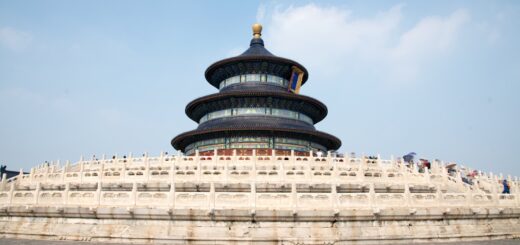Traditional Chinese Medicine (TCM) in treating infertility
The advantages of traditional Chinese medicine (TCM) in treating infertility can be highlighted in the following aspects:
1. Comprehensive regulation: TCM emphasizes the balance of yin and yang, as well as the harmony of qi and blood. By regulating the overall functions and state of the body, TCM can effectively improve the coordination of multiple systems, such as the reproductive system, endocrine system, and immune system.
2. Individual differences: TCM focuses on syndrome differentiation and personalized treatment based on factors such as the patient’s condition, physical constitution, and age. Therefore, TCM treatment is more suitable for the specific circumstances of different patients.
3. Herbal medicine treatment: Chinese herbal medicine has unique pharmacological effects and can regulate the endocrine system, promote blood circulation, and improve the uterine lining, resulting in certain efficacy in treating infertility. TCM herbal medicine treatment is characterized by its individualized and comprehensive nature.
4. Acupuncture therapy: Acupuncture can regulate the functions of meridians and organs, balance yin and yang in the body, and promote blood circulation and the flow of qi and blood. It has certain therapeutic effects on infertility.
5. Lifestyle improvement: TCM treatment for infertility involves not only the use of Chinese herbal medicine and acupuncture but also emphasizes the improvement of lifestyle. This may include adjusting dietary structure, engaging in reasonable exercise, maintaining a positive mood, and enhancing overall physical quality and immunity.
It is important to note that TCM treatment for infertility should be conducted under the guidance of professional doctors and combined with modern medical auxiliary examinations and treatment methods to achieve better therapeutic efficacy.










